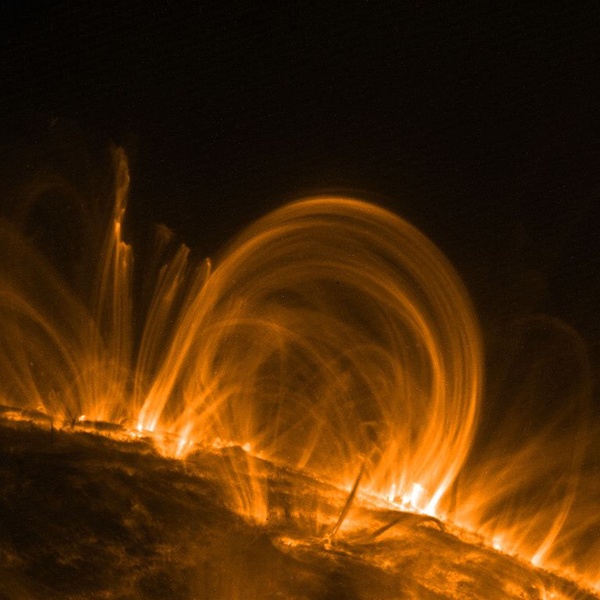
What’s Hotter Than the Surface of the Sun? The Solar Corona
2019-09-26 05:57:26
In the final moments before a total solar eclipse, the temperature drops, birds and insects sing, and the ambient light becomes otherworldly. Daytime morphs into a 360-degree dusk, and where the Sun once hung a black hole punches through the sky, wreathed by a white ethereal glow.
That glow is the solar corona, the Sun’s tenuous upper atmosphere of ionized gas. Composed mostly of electrons and the bare nuclei of hydrogen and helium atoms, it is the launchpad for the solar wind — the stream of charged particles that escape the corona and wash over the planets, eventually petering out at the threshold to interstellar space. Events in the corona affect all of the Sun’s worlds, including Earth and the technological society that humans have built upon it.
And yet, despite roughly 80 years of study, much about the corona remains a mystery. The solar wind doesn’t slow down as it leaves the Sun — it speeds up. Some particles shoot out of the corona with so much energy that they approach the speed of light. And perhaps most baffling of all, the corona is hundreds of times hotter than the Sun’s surface.
Figuring out how this excess energy gets into the corona isn’t just an academic exercise. That energy often affects Earth, with occasionally disastrous results. The largest flares from the corona can wreak havoc with power grids, wireless communication and satellites.
“We’re very connected to these problems, even though it’s not necessarily something that’s going to change your life today,” says Amy Winebarger, an astrophysicist at NASA’s Marshall Space Flight Center in Huntsville, Ala. “As we become more of a space-based culture, understanding the Sun and how it interacts with the Earth is even more important.”
While society-disrupting flares are an extreme example, researchers hope that if they can better understand how energy gets into the corona, then we might be able to predict dangerous eruptions with enough warning to protect vital equipment.
Comments